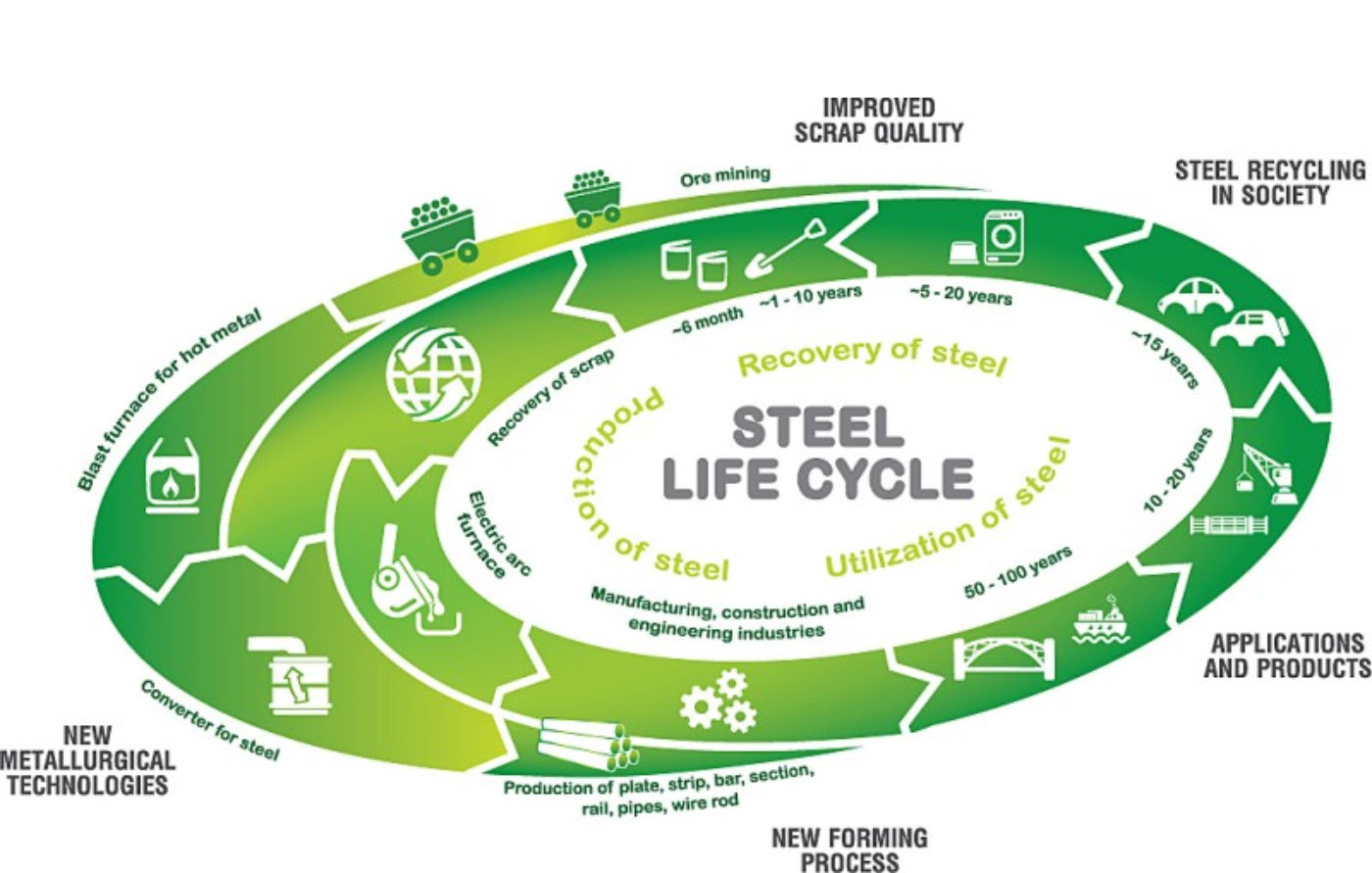Media
The New Zealand metal recycling industry encompasses a range of businesses involved in the collection, processing, re-processing and export of metals.
Metals are infinitely recyclable, but often require processing to remove non-metallic components. The industry handles metal items of all types – it is a common misconception that the only metal items which can be recycled are those which are accepted in municipal kerbside collections.
Most recyclers offer a drop-off facility for the public to recycle their metals; depending upon weights and market prices at the time, most customers are paid for the items they bring in to recycle.
Metals are valued commodities which trade internationally. In calendar year 2023, AMR members processed over 968,000 tonnes of metal, undertaking over 880,000 individual transactions, to serve their communities across NZ. 641,211 tonnes were exported from New Zealand. (Processing is part of the value chain with some processing occurring before materials are on-sold to the final exporter.)
For dry cargo (non refrigerated), NZ has an import to export imbalance. The industry assists this by making use of the oversupply of containers in depots which reduces the number of empty containers that shipping companies must return at their own cost. Getting paid both ways helps keep the import freight rates down. Without a significant amount of return cargo, many shipping companies will avoid sending cargo to NZ and all imported goods will further increase in price.
Some interesting environmental statistics on recycling of metals:
When one ton of steel is recycled, 1,133 kilograms of iron ore, 288 kilograms of coal and 54 kilograms of limestone are conserved. Recycled steel uses less energy to smelt in the manufacturing process.
When using energy to recycle aluminium it is possible to create twenty tonnes of aluminium; this is the same amount of energy that will only produce one tonne of primary aluminium from bauxite that comes out of the ground.
Automotive car batteries contain a significant amount of recycled lead, 60% of new lead is manufactured from recycled batteries world wide.
Recycling copper has the same cost as smelting ore but skips the massive environmental impact of mining the ore.

Diagram courtesy of the Australian Steel Stewardship Forum
Our President, Glen Jacobs, is the spokesperson for AMR. You can reach him by email on president@nzamr.org.nz
Our previous media releases:
Send less metals to landfill not more
05 Feb 2024
Metal Packaging is 100% recyclable at your local metal recycler - for immediate release
The Association of Metal Recyclers (AMR) is concerned that the new standardised kerbside collection system which has been rolled out around the country excludes a range of valuable metals packaging from collection. AMR is concerned that the messaging will lead people to think that these items are not recyclable, when in fact they are.
Council collections will no longer accept the metal lids from food cans unless the lids are left attached to the can, which is often not possible to achieve safely. Aluminium foil and trays which are increasingly being used to replace plastic will also be excluded despite representing a growing market using a 100% recyclable material.
The Association of Metal Recyclers’ members operate over 90 sites nationwide and they encourage New Zealanders to collect their metal packaging and drop it off for recycling. Metal recycling sites are looking to provide drop off bins for the public to use in lieu of their kerbside bins for an easy solution to ensure these metals continue to be recycled.
Items that will be accepted at most metal recycling yards include:
Food cans and lids, rinsed to remove food
- Beer bottle caps
- Jar lids
- Drink cans and tabs
- Foil and foil trays, rinsed to remove food
- Wine caps
Unfortunately, aerosol cans are not accepted at present because these are pressurised and can present a fire hazard, however the industry is supporting the members of the Food & Grocery Council to solve this issue so that this valuable metal is not lost to landfill.
Last year AMR members recovered 3146 Tonnes of aluminium cans which were exported to support the global circular economy.
AMR has a Find a Member directory on its website at nzamr.org.nz to make finding your local recycler easy.
For further information, please contact AMR President Glen Jacobs on 027 330 4091